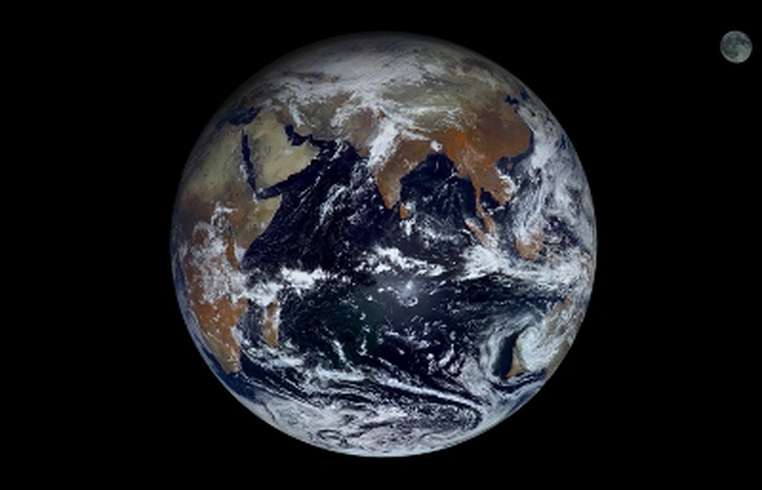
News - Earth's vital signs have been pushed to the extreme, researchers say
Business Strategy
Earth's vital signs have been pushed to the extreme, researchers say

Life on Earth is “under siege,” with the planet’s vital signs pushed to the extreme, a study has reported, according to PA Media. This year has seen temperature records broken by enormous margins, such as September, which saw the largest jump in average heat since at least 1940. Huge wildfires have also ripped through Canada and other countries, adding to the degradation of the world’s forests. An international team of scientists, which declared a climate emergency in 2019, have identified 35 planetary vital signs, 20 of which they said are being pushed to record extremes. These include the continued accumulation of carbon dioxide and other greenhouse gases in the atmosphere, loss of sea ice and glaciers, rising temperatures on land and in the sea, fossil fuel usage, extreme flooding, and species extinction. Professor William Ripple of Oregon State University (OSU) in the US and the lead author of the study, said: “The statistical trends show deeply alarming patterns of climate-related variables and disasters.” Hopes of a green recovery after the Covid-19 pandemic have not materialized, the authors noted, who instead found a global increase in fossil fuel subsidies in the wake of the war in Ukraine. Also in 2023 there have been 38 days with the global average temperature surpassing 1.5C above pre-industrial levels, while this July probably saw the highest surface temperature the planet has experienced in the last 100,000 years, the scientists said. The scientists are calling for an immediate cessation of human-induced pressure on the Earth’s life support systems, with specific recommendations including a phase-out of fossil fuel subsidies, switching to plant-based diets, scaling up forest protection and adopting coal elimination, and fossil fuel non-proliferation treaties.






